Maldoror
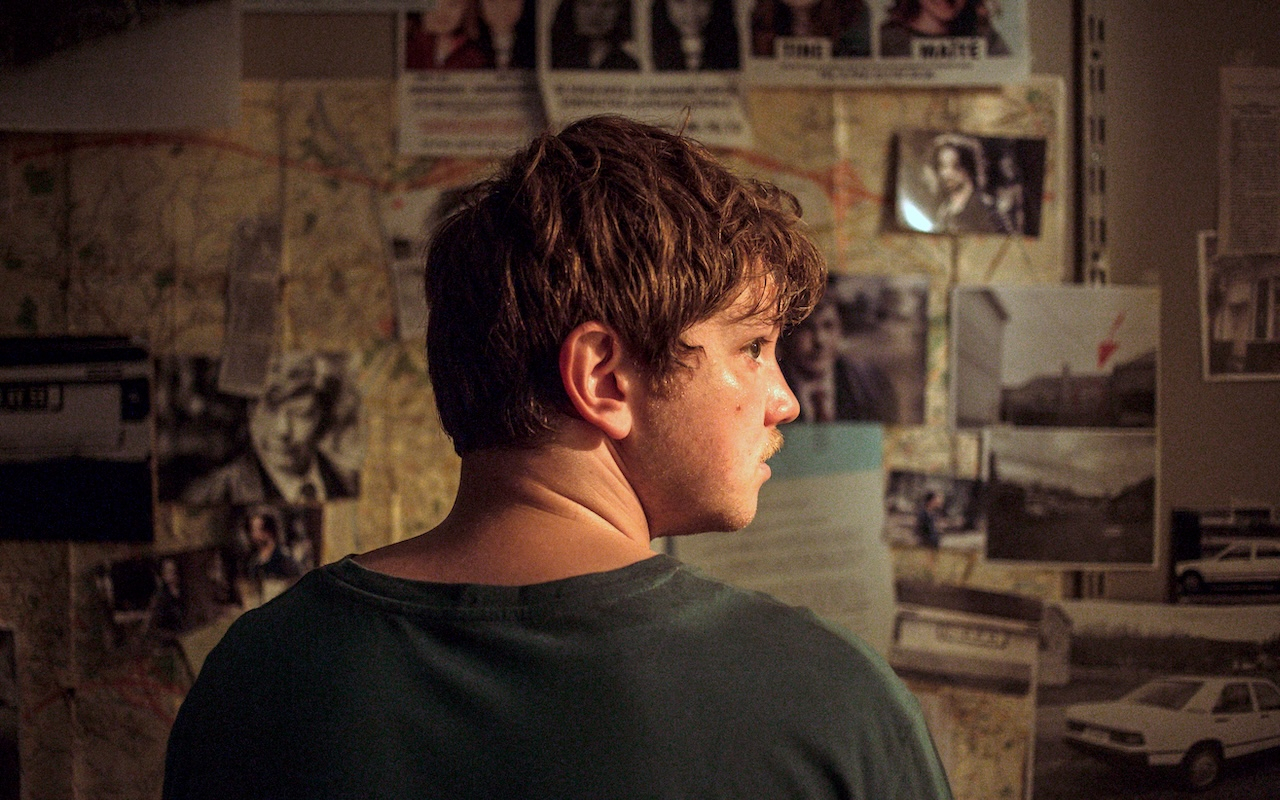
In a Belgian town in the mid-90s, two young girls are abducted. The local gendarmerie quickly identifies a previously convicted sexual offender as a viable suspect and launches Operation Maldoror (named after a poetic novel that denounces morality, translating to “the gold-plating of evil”). A young officer, Paul Chartier, joins the task force but soon finds his idealism clashing with the inefficiency and corruption of the legal system.
Partially inspired by real events – Marc Dutroux’s name is never mentioned but only one case has been subject to and caused this much disorder in Belgium – director Fabrice Du Welz spins a police-critical investigative drama that subverts audience expectations. The opening sequence packs a punch and the red-tinged credit segment, with its spine-crawling music, bursts with energy, falsely creating the impression that a white-knuckle thriller is about to unfold. Then the audience is left waiting through scenes of police departments combatting their own bureaucracy, yet no thrill emerges. While it is absolutely noble and vital to dedicate an entire feature to the disclosure of mistakes that allowed evil to flourish, Maldoror suffers from its dry approach and protracted length of 155 minutes.
It doesn’t help that one never fully warms to main character played by Anthony Bajon, who looks so young that his position in the department frankly lacks credibility. Contrary to his hardened colleagues, Chartier behaves in an immature manner, which the audience is supposed to infer as the embodiment of purity, of the good in people, but ends up overtaxing viewers.
Following its premiere in Venice, the film has already been invited to several genre-specific festivals, where it is perhaps in better hands. While the fact remains that the feature unfortunately feels unfocused and repetitive, it does succeed in creating an uneasy and gritty atmosphere, shocking viewers with harsh truths. Maldoror’s sisyphean fight for justice in an unjust world serves as a significant warning that the only thing necessary for the triumph of evil is for good men to do nothing.
Selina Sondermann
Read more reviews from our Venice Film Festival coverage here.
For further information about the event visit the Venice Film Festival website here.


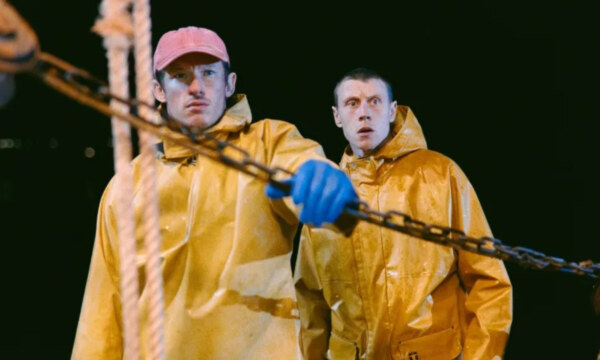
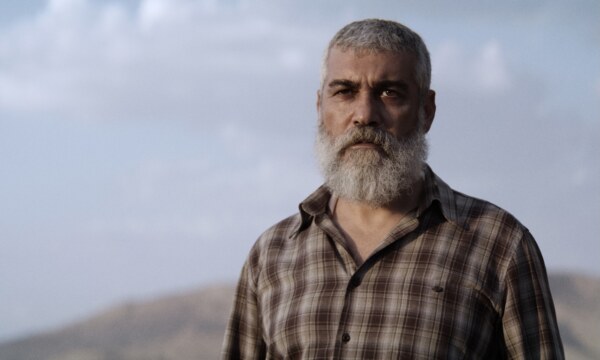



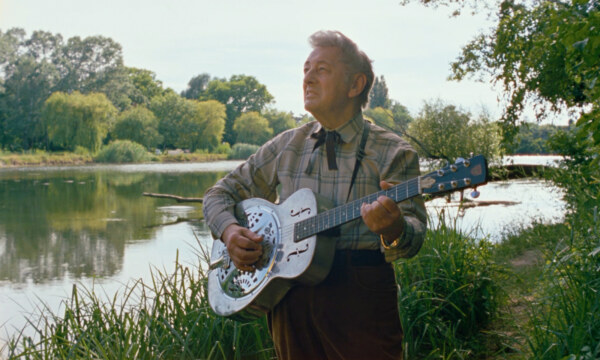

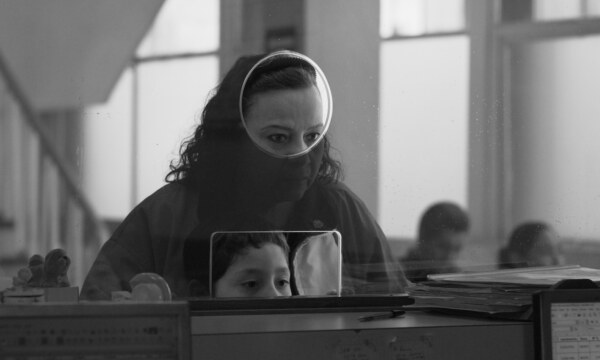
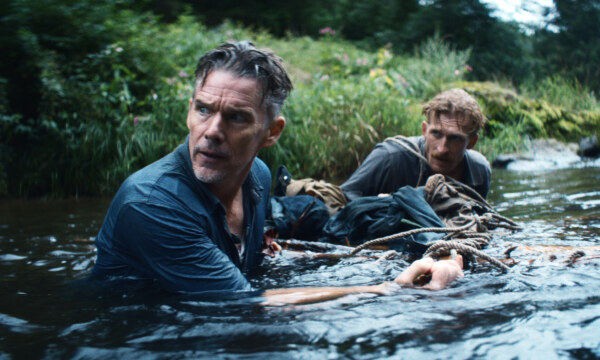
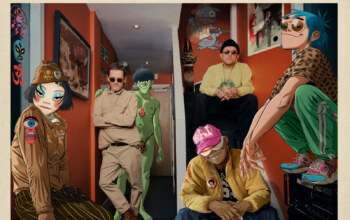

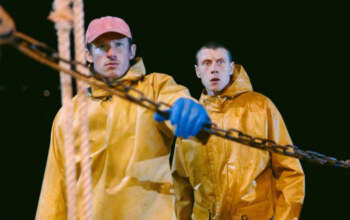












Facebook
Twitter
Instagram
YouTube
RSS